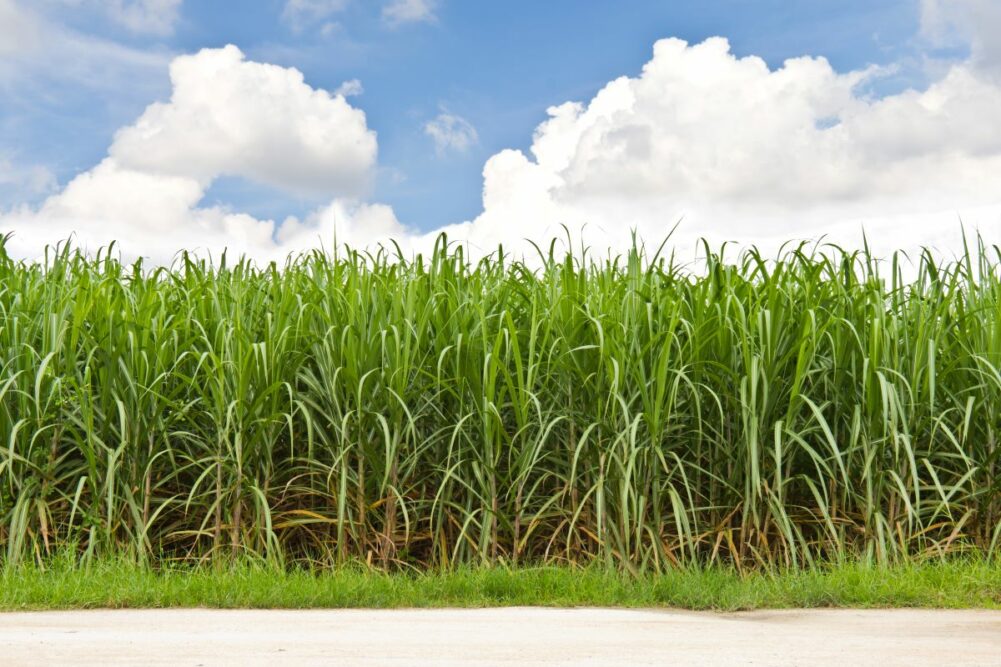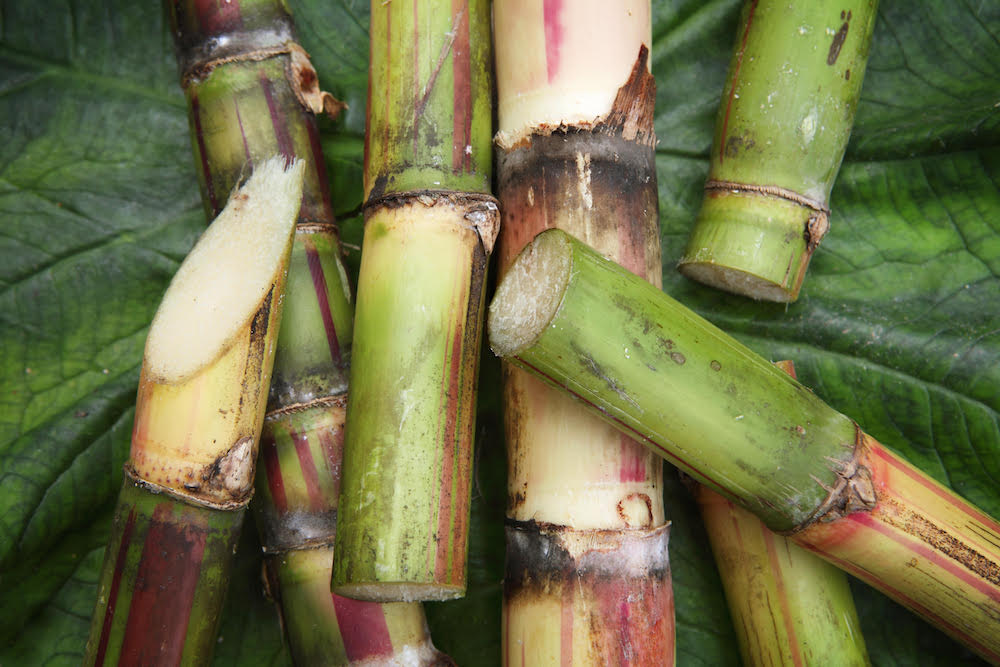Why Cane Sugar Handling Chemicals Are Important for Modern Sugar Refining
The duty of walking cane sugar processing chemicals in modern-day sugar refining can not be overemphasized, as they are important to enhancing both the performance of removal and the overall top quality of the last product. Representatives such as phosphoric acid and specific flocculants are utilized to get rid of contaminations, resulting in sugar that not only fulfills customer expectations yet also adheres to sector criteria.
Function of Handling Chemicals
The efficiency of walking cane sugar handling pivots dramatically on the critical application of processing chemicals. These chemicals play a critical duty in boosting the efficiency and top quality of sugar removal and refining. From the preliminary phases of juice extraction to the final purification steps, handling chemicals promote different important procedures.
In the removal phase, chemicals such as phosphoric acid and calcium hydroxide are employed to maximize the explanation procedure, aiding to remove contaminations and suspended solids from the walking stick juice. This not only enhances the yield yet also ensures the clarity of the last product. Additionally, representatives like flocculants aid in the fast settling of pollutants, consequently streamlining the general process.
Triggered carbon and ion exchange materials offer to eliminate shade and smell, guaranteeing that the polished sugar satisfies consumer top quality requirements. Therefore, the precise selection and application of these chemicals are essential for attaining optimal end results in cane sugar processing.
Trick Sorts Of Chemicals
Walking cane sugar handling depends on a variety of key chemicals that facilitate each phase of production. These chemicals play crucial roles in clarifying, bleaching, and cleansing the sugar extracted from cane.
One key group of chemicals consists of flocculants, such as polyacrylamide, which aid in the explanation procedure by advertising the aggregation and settling of contaminations. Additionally, calcium hydroxide is usually employed to reduce the effects of level of acidity and aid in the elimination of non-sugar parts.
Bleaching representatives, such as turned on carbon and sulfur dioxide, are made use of to decolorize the syrup, causing a more clear final product. These chemicals help eliminate color substances that may impact the sugar's look and bankability.
Additionally, phosphoric acid works as a pH regulatory authority throughout the handling stages, ensuring ideal conditions for the chemical tasks associated with sugar extraction and purification.
Other crucial representatives include edta (ethylenediaminetetraacetic acid), which chelates metal ions that might catalyze unwanted reactions, and salt hydroxide, which helps in pH control throughout the refining process. Jointly, these chemicals improve efficiency and ensure a premium cane sugar item.
Benefits for Sugar Quality
Often forgotten, the use of particular processing chemicals significantly improves the total quality of walking cane sugar. These chemicals play a crucial duty in refining processes, guaranteeing that the end product satisfies stringent sector criteria for pureness and taste.

Additionally, processing chemicals assist in achieving a constant granulation and texture, which are essential for customer acceptance. By controlling the formation process, these chemicals ensure that the sugar crystals create consistently, leading to a more appealing item that dissolves well in various applications.
Moreover, using these chemicals can boost the life span of walking cane sugar by minimizing moisture absorption and microbial growth. Generally, the tactical application of processing chemicals is essential for providing high-grade walking stick sugar that satisfies customer expectations and industry demands.
Environmental Impact Considerations

Furthermore, the energy-intensive nature of sugar refining, compounded by chemical usage, commonly leads to enhanced carbon exhausts. This adds to environment modification and elevates concerns pertaining to the sustainability of existing refining techniques. In addition, the sourcing of these chemicals might entail techniques that intimidate biodiversity, such as monoculture farming, which lowers the strength of agricultural environments.

To minimize these influences, sugar refiners are increasingly discovering sustainable options and embracing best practices that minimize chemical use. Implementing rigorous environmental management systems can help make sure that the refining process straightens with ecological standards and promotes biodiversity. Eventually, a well balanced strategy that prioritizes both sugar high quality and ecological stewardship is crucial for the long-lasting stability of the sugar industry.
Future Patterns in Refining
As the sugar sector comes to grips with the ecological obstacles related to typical refining techniques, ingenious strategies are emerging to boost both efficiency and sustainability. One significant pattern is the adoption of environment-friendly chemistry concepts, you could try these out which prioritize making use of non-toxic, biodegradable processing chemicals. This change not just lessens ecological influence however also addresses consumer need for cleaner production techniques.
Another click to investigate appealing development is the application of advanced filtering technologies, such as membrane layer separation and adsorption processes. These strategies boost the clearness and high quality of the sugar while lowering the quantity of wastewater generated throughout refining. Additionally, the integration of electronic modern technologies, consisting of IoT and AI, is changing functional effectiveness by allowing real-time tracking and predictive maintenance, thus reducing resource waste.
In addition, using spin-offs from sugar refining, such as bagasse and molasses, is gaining grip. These products can be converted right into biofuels or value-added items, contributing to a round economy within the sector. Collectively, these fads signify a change in the direction of more lasting practices that not only enhance operational performance yet additionally align with international sustainability objectives, making certain the future stability of sugar refining.
Conclusion
Walking cane sugar handling chemicals are necessary in contemporary sugar refining, considerably improving the efficiency and quality of sugar removal. The critical usage of these chemicals not only improves the pureness and flavor of the final item yet additionally guarantees consistent crystallization and texture. As the market significantly prioritizes sustainability, the adoption of environmentally-friendly handling agents is most likely to form future patterns in refining, ultimately causing higher high quality items and extended service life for customers.

Ultimately, a well balanced method that focuses on both sugar quality and environmental stewardship is necessary for the long-lasting feasibility of the sugar sector.
Walking cane find sugar processing chemicals are crucial in modern-day sugar refining, significantly improving the performance and quality of sugar extraction.